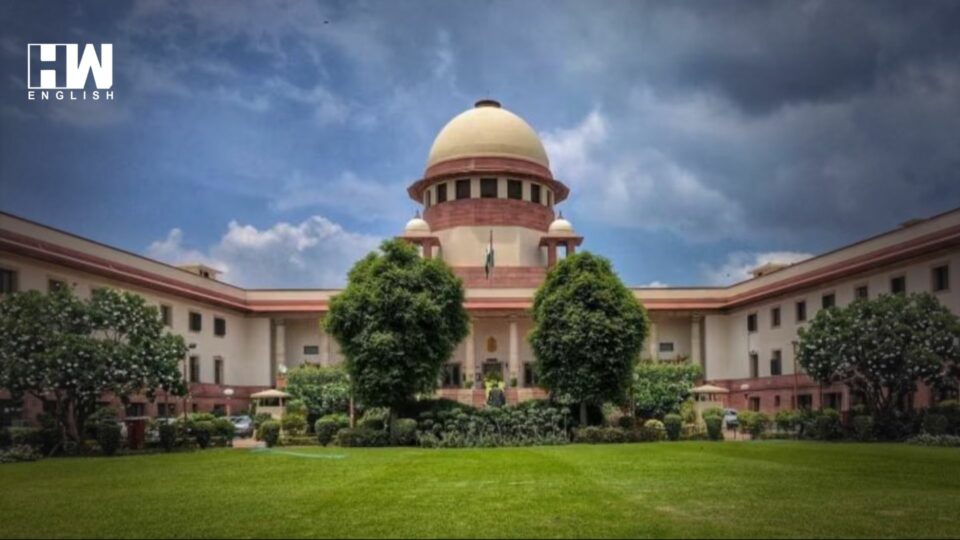On May 27, the Supreme Court refused to entertain the BJP’s challenge to a Calcutta High Court order that prohibited the party from publishing advertisements allegedly breaching the poll code against the Trinamool Congress (TMC). Consequently, the BJP withdrew its plea, retaining the option to pursue the case through legal avenues. Justices JK Maheshwari and KV Viswanathan noted that the advertisements appeared “prima facie” disparaging, leading to their refusal to entertain the plea.
The BJP and TMC are engaged in a fierce contest for 42 Lok Sabha seats in West Bengal. Their rivalry has frequently required Election Commission intervention and occasionally resulted in violence between their supporters. Earlier in May, the Calcutta High Court restrained the BJP from publishing ads against the TMC, citing violations of the model code of conduct. The BJP’s appeal to a division bench of the High Court did not yield any relief.
Following the division bench’s decision to uphold the single-judge order, the BJP approached the Supreme Court, which also upheld the restraint. This prompted the BJP to withdraw its plea while reserving the right to continue the legal battle.
It said, “Such interim relief granted by the High Court was beyond the prayer sought by the All India Trinamool Congress (“AITMC”), which was limited only to the grant of interim order directing ECI to take steps in accordance with the law,”.
The Trinamool Congress approached the Election Commission concerning the BJP’s advertisements. In response, the Election Commission issued a notice to the BJP reminding it of the model code of conduct, which prohibits criticism based on unverified claims and reiterated its recent advisory against misleading advertisements.
Justice Sabyasachi Bhattacharyya issued an order restraining the BJP from publishing any advertisements that violated the conduct code until June 4, when the votes would be counted, or until further notice. The court ruled that the newspaper advertisements breached the conduct code and criticized the Election Commission for not addressing the complaints more promptly, given that most phases of the Lok Sabha elections had already concluded.
The Lok Sabha elections, conducted in seven phases, are nearing their final stage, with the last round of voting scheduled for June 1. The court’s decision aims to ensure that the remaining phase of the election process is conducted fairly, without the influence of potentially misleading advertisements.
As an independent media platform, we do not take advertisements from governments and corporate houses. It is you, our readers, who have supported us on our journey to do honest and unbiased journalism. Please contribute, so that we can continue to do the same in future.

